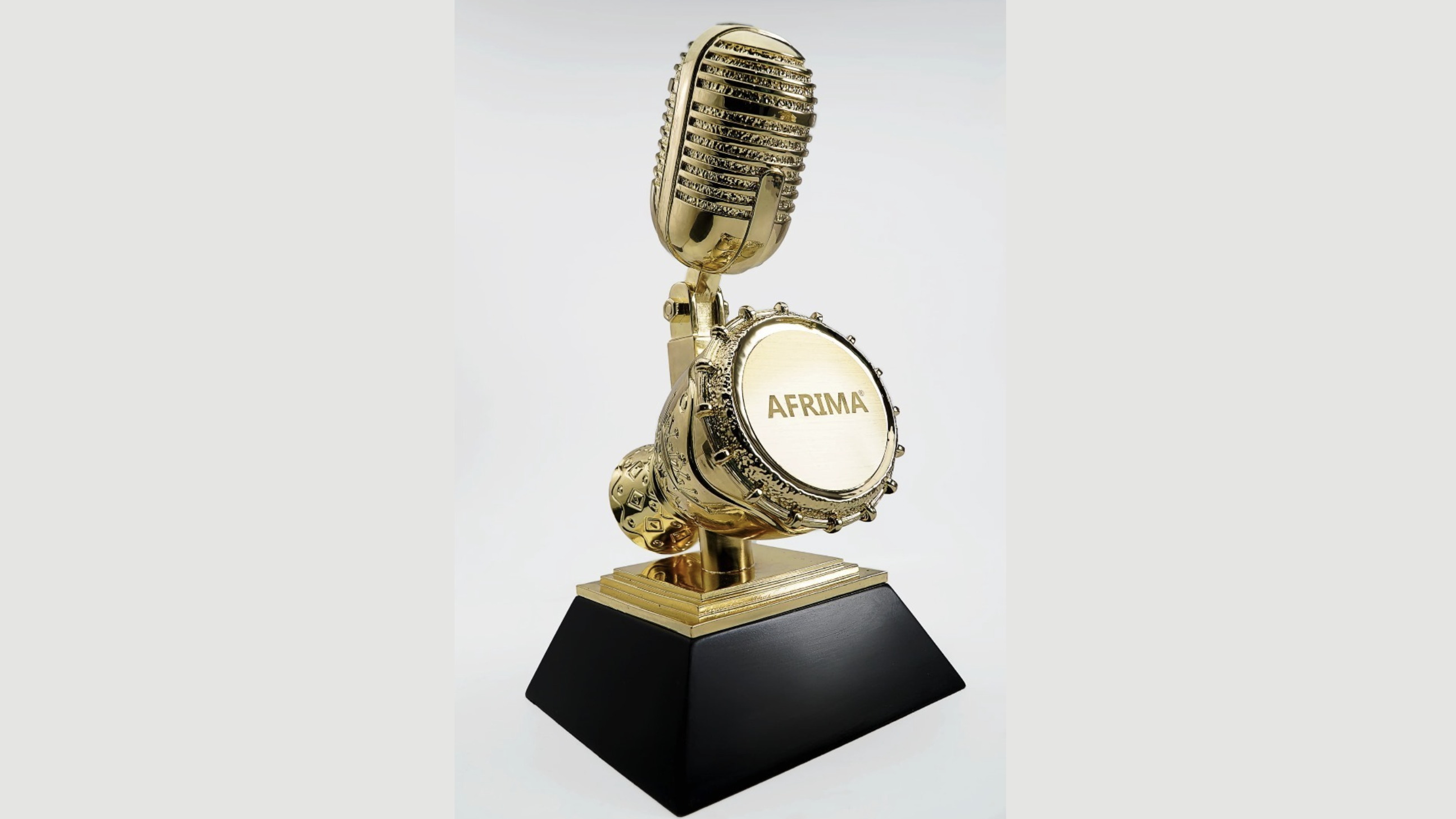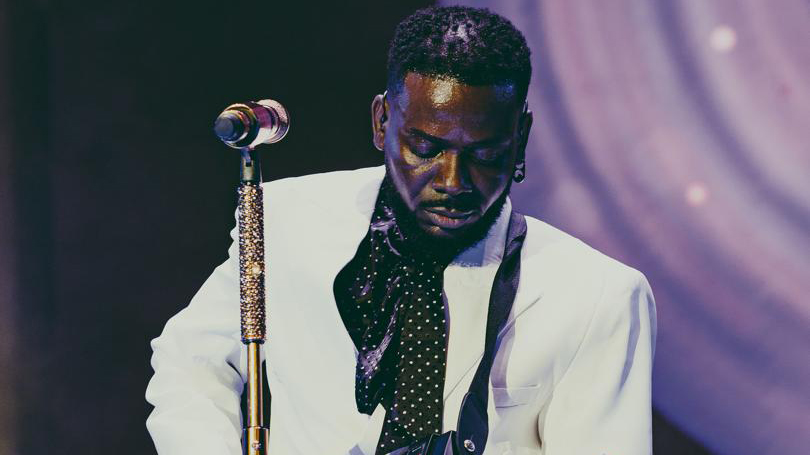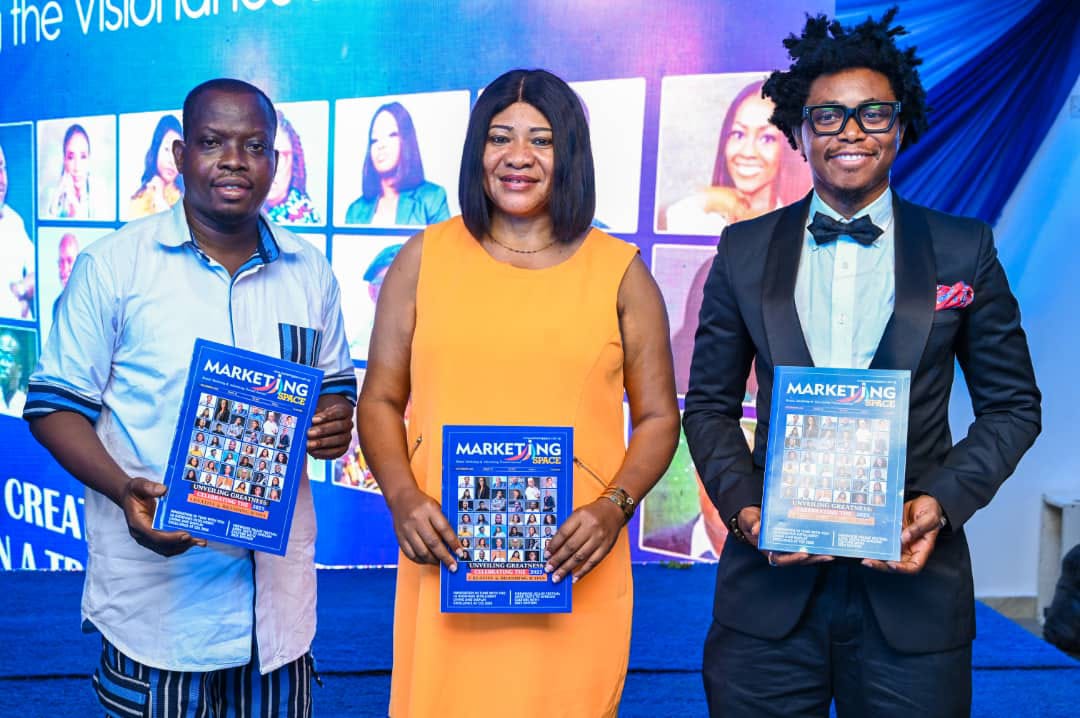
With elections over, independent marketing communication (IMC) practitioners have lamented low political advertising spend. They also noted that the cash crunch and harsh economic climate did not help matters.
At the last National Advertising Conference held in Abuja from November 29 to December 1, 2022, stakeholders agreed that survival of the agencies in 2023 was dependent on how they innovate and harness opportunities in technological evolution to deliver on clients’ expectations.
The conference also raised need to adopt new marketing technology to track campaign Return on Investment (ROI) as other metrics that would clearly show the number is fundamental as clients are more drawn to agencies that offer comprehensive solutions and competitive marketing analytics tools.
At the conference, Director General of Advertising Regulatory Council of Nigeria (ARCON), Dr. Olalekan Fadolapo, had said the business and practice of advertising were on the decline. To arrest the decline in performance standards, the business framework and standards must be improved.
According to global forecast, the top priorities expected to aid the realisation of 2023 goals for agencies include, investing in new tools/technologies, business development, partnerships, client retention, as well as outsourcing and hiring.
In her view, Principal Consultant at Pandora Agency, Kehinde Ruth Onasoga, identified voter apathy as one of the issues facing political advertisement in the country.
To her, proliferation of fake news and disinformation online and voter apathy could challenge political advertisements to reach their target audiences. She said a struggling economy and the rise of digital media are other challenges, as Twitter, Facebook, Snapchat, YouTube, and Instagram have become powerful tools for political campaigning, allowing candidates to reach a broader audience at a lower cost.
As a result, she noted that political parties and candidates might have shifted their focus from traditional media channels such as, television and radio to social media platforms.
Onasoga also said the Independent National Electoral Commission’s (INEC) implementation of strict regulations on political advertising during the election cycle was another issue.
The regulations, she noted, required all political advertisements to be pre-approved by INEC and restricted the length of time that candidates and parties could air their commercials.
Quoting a report by Price Water House Coopers (PwC), she said Nigeria’s advertising market was valued at $578 million in 2020; with digital advertising accounting for about 11 per cent of total advertising spend.
However, like many other countries, Onasoga added Nigeria’s advertising industry was affected by the COVID-19 pandemic. The pandemic, she added, caused disruptions in supply chains, reduced consumer spending and forced many businesses to cut back on their advertising budgets.
Despite these challenges, she noted the Nigerian advertising industry has shown resilience and adaptability in the face of the pandemic.
To her, “Nigeria’s advertising industry will likely continue to grow, especially as the economy recovers from the pandemic. Digital advertising is expected to play an increasingly important role in Nigeria’s advertising landscape as more consumers focus on online platforms. Additionally, as the government continues to invest in infrastructure and technology, there may be new opportunities for advertisers to reach consumers in previously underserved areas.”
In conclusion, she expressed optimism, “while I cannot predict the future of Nigeria’s advertising climate, it is clear that the country’s advertising industry has shown resilience in the face of challenges and is likely to continue growing in the months and years to come.”
President, Outdoor Association of Nigeria (OAAN), Emmanuel Ajufo, revealed that, “we used to joke that it is during the election period that the government recognise us. Because we still feel strongly that government does not appreciate our business and so we are hoping that in 2023, we will make some money, but it did not turn out so. What we observe is that we had some emergency billboards springing up that do not belong to our members. In some case, government officials take our billboards by force and doing it with so much impunity.”
Signage agencies, he suggested, should regulate or set the standards and let others follow. He cautioned, saying, “a situation where signage agencies get involved in securing sites for government in power makes it easy for all manner of structures to come up. As long as they are partisan, you will continue to have emergency billboards and reduce the value of our business in the market. What we pride ourselves in is that our business adds to the aesthetics of the environment. But proliferation of billboards do not complement the beauty of the environment.”
Speaking with The Guardian, President, Association of Advertising Agencies of Nigeria (AAAN), Steve Babaeko, said decrease in advertising activity during Nigeria’s general election period could be attributed to several factors.
While saying that the slowdown in macro-economy may have significantly reduced spending on advertising, he added that currency redesign policy being implemented by the Central Bank of Nigeria (CBN) equally impacted negatively.
Babaeko, the CEO X3M Ideas, identified lack of focus on issues during the campaign. This gap, he argued, meant that political parties did not require advertising to breakdown complex topics for better understanding by the electorate.
The AAAN boss lamented the nature of politics that shaped the 2023 landscape, which he said, was not encouraging because it lacked content. “Instead, personal attacks were frequently exchanged. Although a few members of the AAAN might have worked on campaigns during this period, the number was not significant enough, given the quality of agencies available. Employing their professional touch would have undoubtedly improved the crafting and delivery of campaign messages,” he said.
Babaeko concluded, “we are currently gathering data on advertising budgets by major political parties to determine if there was a decrease or increase compared to 2019 figures. Overall, it is safe to say that the advertising spend during the election season was generally low. Some corporate clients who would typically advertise opted not to do so, to avoid getting drowned out by the cacophony of electioneering campaigns across media channels.”
Speaking in a similar vein, MD Connect Marketing, Tunji Adeyinka, observed that advertising during this election period was been lower than the previous cycle.
To him, “one of the reasons is because of the state of the economy. The economy at the last election cycle was different from the situation today. Election budget and fund sourcing is opaque in Nigeria; therefore, it is difficult to correctly cite the source of income for the parties. However, we know that a large percentage of campaign funding comes from government. With the degradation of revenue at different levels of government, we can safely say that the parties did not have access to as much as they had at the last election cycle.”
He also noted the total spend was also more diverse. The implication of this, he stated, “is that the budget has been spread between conventional advertising, below the line and digital advertising.”
On his part, President Media Independent Practitioners Association of Nigeria, (MIPAN), Femi Adelusi, insisted the times are different.
“There was less spend on media during the political campaign. One of the reasons is that the political parties were careful not to fall foul of the new Electoral Act, which specified the amount to be spent on electioneering campaigns.
“There was threat from Economic and Financial Crime Commission (EFCC) warning players, including media agencies and owners, against money laundering, hence, many had to be cautious so as not to be made guinea pig. Another very important reason was the new CBN monetary policy that made it difficult to spend money frivolously, especially, towards the end of the campaigns, among other things.
In all of these, he noted the advertising industry was definitely affected because more money was expected to have been spent, which didn’t happen.
He concluded, “the industry will go back to its set mode by doing business the normal way with brands advertising and so on. This volume will be less than expected as every business will be waiting to see the outcome of the elections and how the new President will handle the affairs of the country.”






